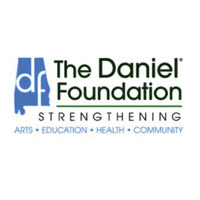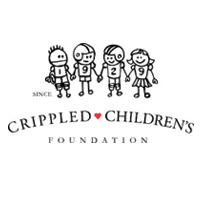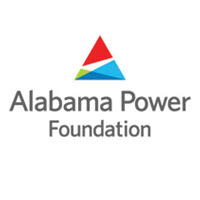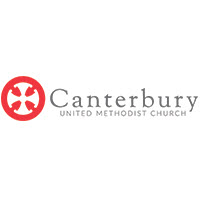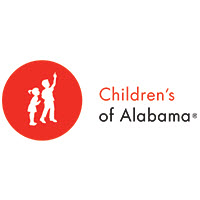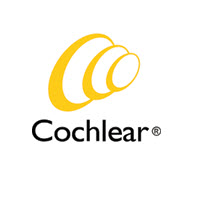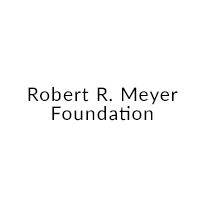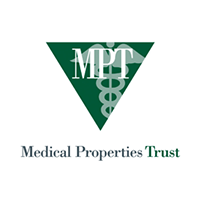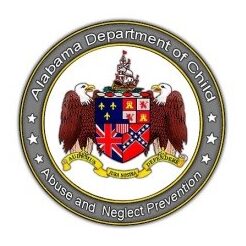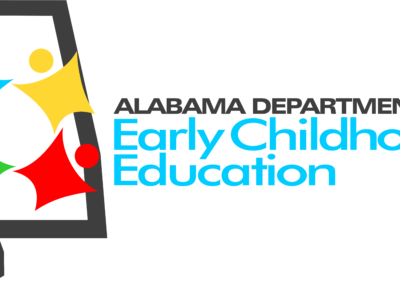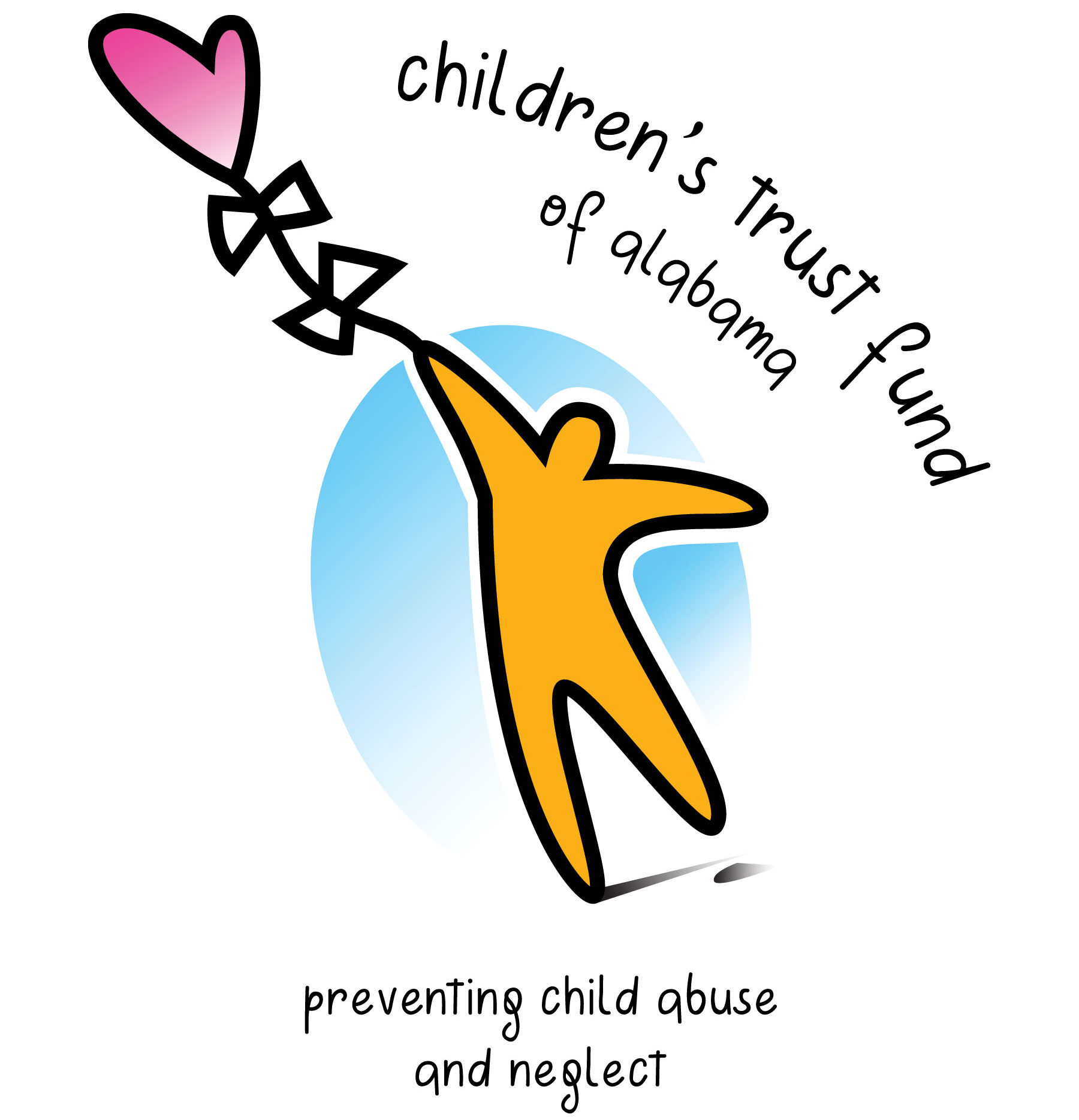Full Family Engagement
WISE TherapyA Proven Approach
The Listening and Spoken Language approach (LSL), (also referred to as Auditory-Verbal Therapy), is a communication option for infants, toddlers and young children with hearing loss. LSL is family focused and teaches the child to speak through listening. With advances in technology and early identification, most children with hearing loss can access sound. This means the development of spoken language is within reach for deaf children, no matter what the degree of their hearing loss.
Listening and Spoken Language
The WISE Way
Since approximately 90% of children with hearing loss are born to hearing families, the Listening and Spoken Language approach to communication is often preferred by parents. Through early intervention and therapy with a Certified Listening and Spoken Language Specialist (LSLS)*, children can learn to listen and talk in the primary language of their home.
LSL Specialists
A Listening and Spoken Language Specialist, (LSLS), is a professional who has both undergraduate and graduate degrees in Speech-Language Pathology, Audiology, or Educator of the Deaf. An LSLS must obtain and maintain both state and national licenses to engage in treatment.
In addition to these credentials, an LSLS has completed over 900 hours of direct child/parent therapy in a clinical setting while participating in a 2-3 year mentor program. An LSLS has completed at least 80 hours of continuing education within the nine domains of LSLS knowledge, has received professional recommendations and approval to sit for the national certification exam. Upon completion of the vigorous application process and successful passing of the National exam, the LSLS distinction is granted.
“The ability to speak and be spoken to enables me to overcome any barrier typically associated with my deafness. Every door is open and it’s up to me whether or not I want to pursue an opportunity. It’s not up to my disability.”
Caroline Leak, graduate of LSL
LSL Therapy Goals
Our WISE LSL specialists perform diagnostic evaluations for children age birth to 21. The results from evaluations are used to develop individualized treatment plans which emphasize development in speech, language, audition, and cognition. Through individual therapy sessions, our Listening and Spoken Language Specialists coach the parents and caregivers to become the child’s primary teacher of language and auditory skills at home. These weekly sessions are offered in addition to the preschool program. Participation in the preschool program is not a requirement, however priority is given to WISE preschool students and their families.
LSL Specialists
At WISE, we are proud to have six Listening and Spoken Language Specialists on our team. This high standard of professional achievement means that your family will be guided by some of the leading professionals in our field.
Teletherapy
WISE is pleased to offer teletherapy sessions via a secured website. These sessions can be used in combination with in-person visits.
WISE accepts many forms of insurance, private pay clients, and is a provider for Alabama Medicaid. Additionally, we are proud to be providers for the Alabama Early intervention System, a division of Alabama Department of Rehabilitation Services, (ADRS). Early intervention services are provided at no cost to families.
Schedule An Appointment
To schedule an appointment or find out more about our speech-language therapy or teletherapy programs, please contact our director Nancy Gregg with the information below.
Call For Inquiry
(205) 728-5480
eMail For Inquiry
Tuition Free Programs
Life Changing Results
New Friends for life
Loving and Caring Staff
Contact
Location:
400 Corporate Parkway
Birmingham, Alabama 35242
Telephone: (205) 728-5480
Email: [email protected]
The Woolley Institute for Spoken-Language Education (WISE), is a 501 © not for profit organization dedicated to teaching deaf children to speak. We are a statewide, family focused program working in collaboration with Alabama’s Early Intervention System, local school systems, and private and public entities which advance the education of deaf children who use listening and spoken language.








